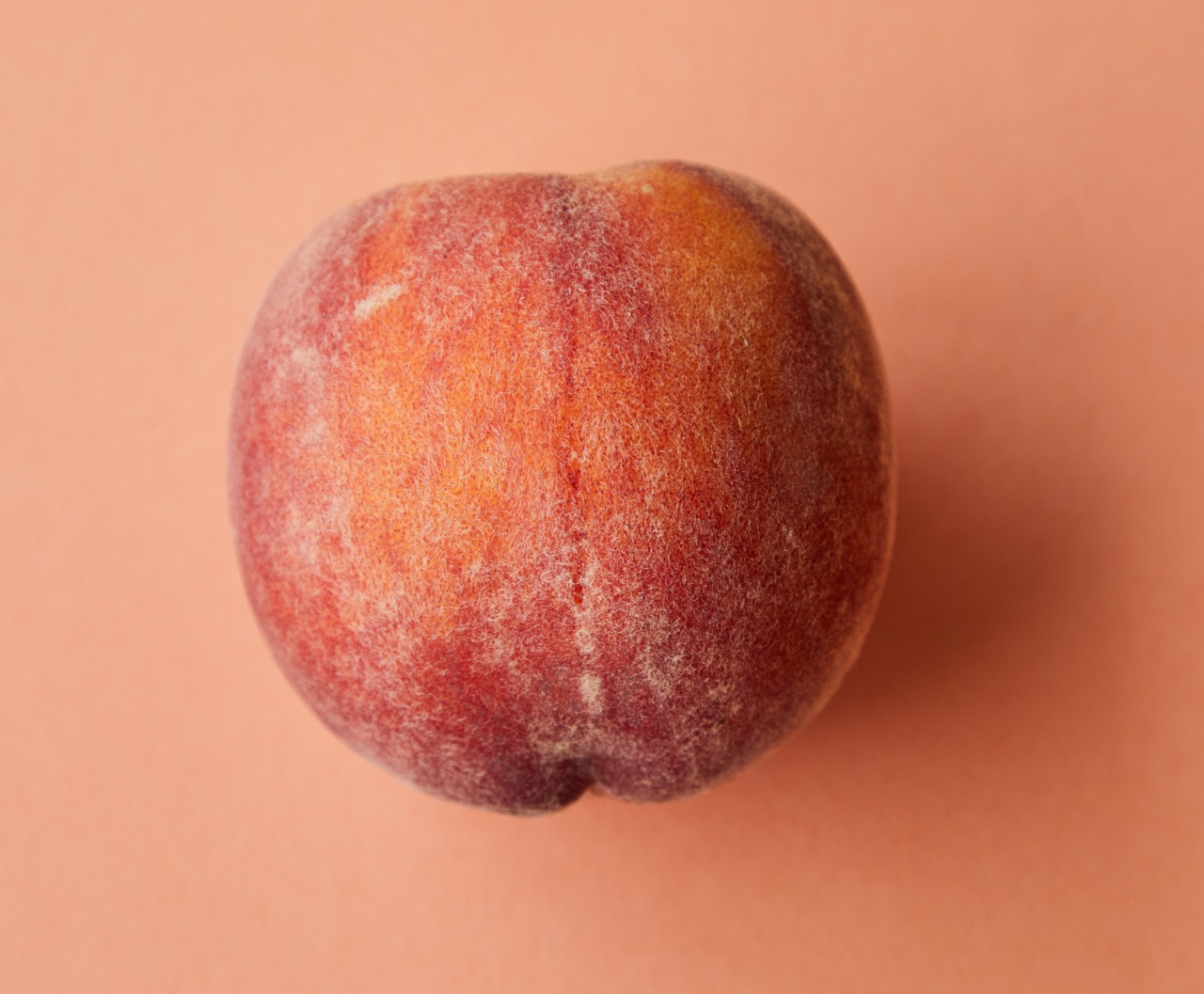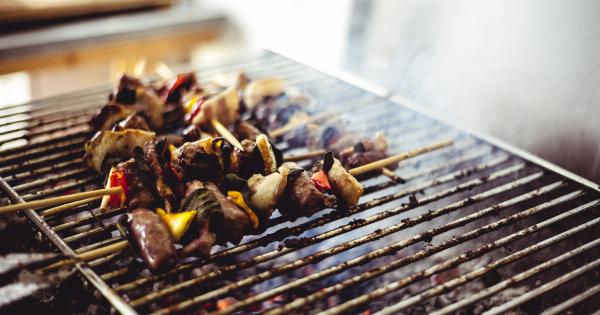Fruits and vegetables are not only delicious but also packed with essential nutrients that are vital for our overall health. To fully enjoy the flavors and benefits they offer, it is important to know how to properly store them.
Improper storage can lead to premature spoilage and loss of taste. By following these guidelines, you can prolong the freshness and enhance the taste of these ten fruits and vegetables:.
1. Berries
Berries are delicate fruits that require special care. To keep them fresh and tasty, avoid washing them until you are ready to consume or use them. Excess moisture can promote mold growth.
Store them in a sealed container lined with paper towels to absorb any moisture. Berries can be refrigerated for up to five days, but it’s best to consume them as soon as possible for optimum flavor.
2. Leafy Greens
Leafy greens like spinach, lettuce, and kale tend to wilt quickly if not stored properly. Remove any damaged or wilted leaves before storing. Gently wash the greens and dry them thoroughly using a salad spinner or paper towels.
Store them in a breathable bag or container lined with a dry paper towel. Properly refrigerated, leafy greens can last for up to one week.
3. Citrus Fruits
Citrus fruits like oranges, lemons, and grapefruits can retain their freshness for an extended period if stored correctly. Keep them in a cool, well-ventilated place away from direct sunlight.
Citrus fruits can also be stored in the refrigerator, especially during hot weather, to maintain their flavor. Remember to remove any damaged or moldy pieces to prevent spreading it to the rest of the fruits.
4. Tomatoes
Tomatoes should never be refrigerated as it can lead to a loss of flavor and a mealy texture. Instead, store them at room temperature, away from direct sunlight. Place them stem-side down on a countertop or in a bowl.
To prevent overripening, avoid stacking them on top of each other. Use ripe tomatoes within a couple of days for the best taste.
5. Apples
Apples have a longer shelf life compared to many other fruits. Store them in a cool, dark place, such as a cellar or pantry, to maintain their freshness. Apples emit ethylene gas, which can cause nearby fruits and vegetables to spoil prematurely.
To prevent this, store apples separately or in a paper bag. With proper storage, apples can last for several weeks without losing their flavor.
6. Avocados
Avocados are unique in that they require different storage methods depending on their ripeness. If you have ripe avocados that you want to preserve for a short period, store them in the refrigerator. This will slow down the ripening process.
For unripe avocados, keep them at room temperature until they reach the desired ripeness, then move them to the refrigerator. Ripe avocados can last a few days in the fridge.
7. Potatoes
Proper storage is crucial to prevent sprouting and loss of taste in potatoes. Keep them in a well-ventilated container or a paper bag in a cool, dark place. Avoid storing them near onions, as both can cause each other to spoil faster.
Check your potatoes regularly and remove any sprouted or damaged ones to prevent rotting. When stored correctly, potatoes can stay fresh for several weeks.
8. Carrots
Carrots are root vegetables that require proper storage to maintain their crunchiness and flavor. Remove the green tops before storage, as they draw moisture from the carrots, causing them to wilt faster.
Store carrots in a perforated plastic bag or in the crisper drawer of your refrigerator. Properly stored, carrots can stay delicious for up to a month.
9. Bananas
Bananas can quickly become overripe if not stored correctly. To extend their freshness, separate them from the bunch and wrap each stem with plastic wrap. This prevents the release of ethylene gas, which accelerates ripening.
Alternatively, you can hang the bananas using a banana hanger to promote even ripening. If bananas ripen faster than desired, you can refrigerate them to slow down the process.
10. Peppers
Peppers, whether bell peppers or chili peppers, can retain their flavor and crispness when stored properly. Store them in a cool, dry place, away from direct sunlight.
If you have cut peppers, wrap them tightly in plastic wrap and store them in the refrigerator. Properly stored peppers can last for up to a week without losing their taste.
Conclusion
Proper storage of fruits and vegetables is essential to preserve their taste, texture, and nutritional value. By following these guidelines, you can enjoy the flavors and benefits of these ten fruits and vegetables for a longer period.
Remember to inspect them regularly and remove any damaged or spoiled pieces to avoid contamination. With the right storage methods, you can savor the natural goodness of fruits and vegetables while minimizing waste.






























